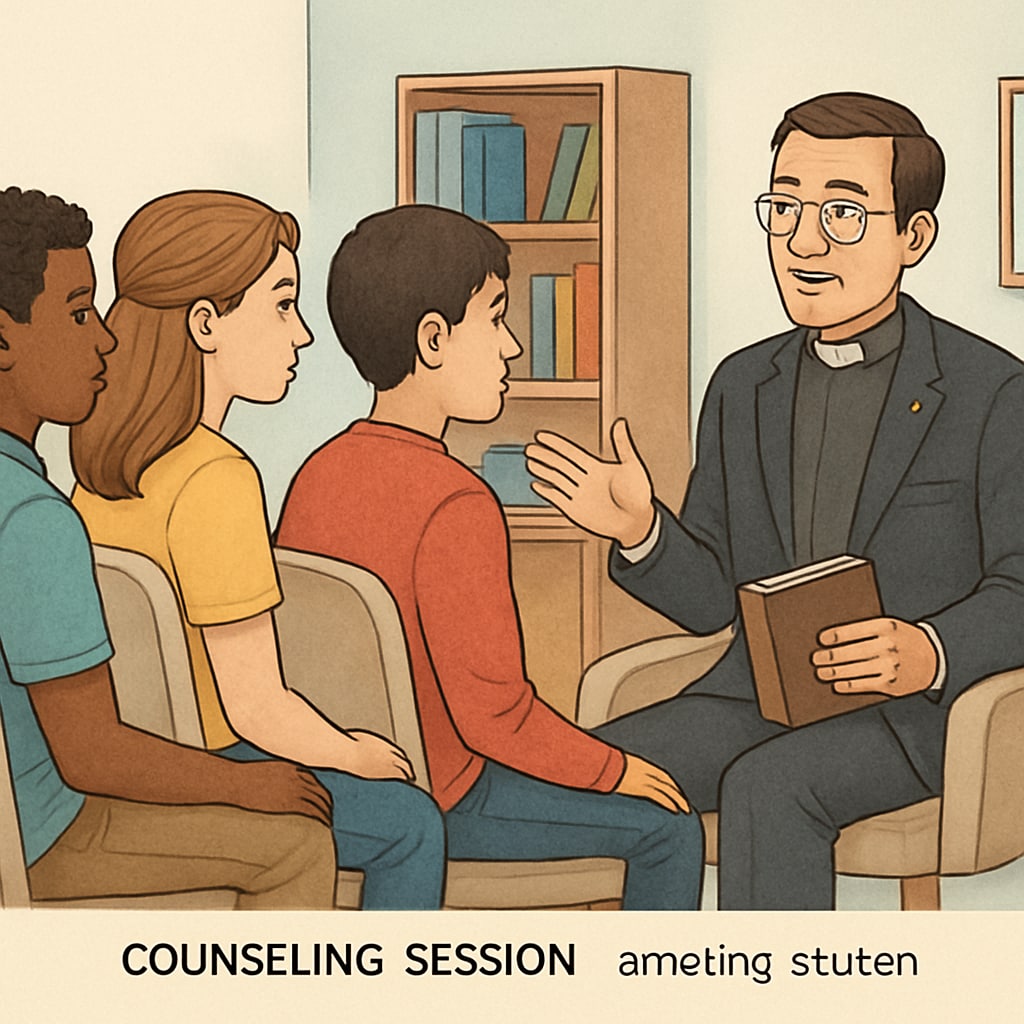Strict attendance policies in K12 schools, combined with penalties for absences and intervention from religious organizations, are increasingly sparking debates among families and educators. While such measures aim to uphold academic discipline, they often lead to unintended consequences, including strained relationships between schools and parents. This article explores the complexities of these policies, evaluates their effectiveness, and advocates for a more balanced approach to managing student attendance.
The Rationale Behind Strict Attendance Policies
Attendance policies are a cornerstone of educational management, ensuring students maintain consistency in their learning process. Many schools enforce strict standards, such as the widely debated 72-hour absence rule, which penalizes students who exceed this threshold without an approved excuse. Proponents argue that such policies help deter truancy and instill responsibility in students.
However, these policies often fail to account for legitimate family circumstances, such as illness, mental health challenges, or unique cultural practices. For example, families observing religious or cultural traditions may find themselves at odds with rigid school schedules. As a result, they face penalties that can include academic warnings, detention, or even mandatory sessions with religious institutions aimed at correcting perceived “problematic behavior.”

Church Intervention: A Controversial Disciplinary Measure
In certain cases, schools collaborate with religious organizations to address absenteeism through moral or behavioral counseling. While well-intentioned, this approach has raised concerns about the intersection of education, religion, and family autonomy. Critics view these interventions as intrusive, arguing that they impose specific religious values on families who may not share the same beliefs.
For example, a family with no religious affiliation may feel alienated or judged when asked to participate in such programs. Additionally, these measures may overlook underlying issues such as mental health struggles or socio-economic challenges, which are often the root causes of absenteeism. A broader, more inclusive strategy would focus on understanding these factors rather than relying on religious-based solutions.

Balancing Discipline and Flexibility in Attendance Policies
While discipline is essential for academic success, schools must also prioritize empathy and adaptability when crafting attendance policies. Here are some potential solutions:
- Flexible Excused Absences: Policies should accommodate diverse family situations, including cultural or religious practices, health concerns, and emergencies.
- Non-religious Support Services: Schools can offer secular counseling programs that address underlying issues like mental health or socio-economic struggles.
- Parental Involvement: Engaging parents in policy discussions can lead to more inclusive and effective attendance standards.
- Data-Driven Approaches: Schools should analyze attendance data to identify patterns and tailor interventions that address specific community needs.
By adopting these strategies, schools can create a more inclusive environment that respects family autonomy while maintaining educational standards.
Readability guidance: To ensure clarity, the article employs short paragraphs, lists for summarizing key points, and a balance of active voice and transitional phrases. It highlights a variety of perspectives to foster a nuanced discussion.


